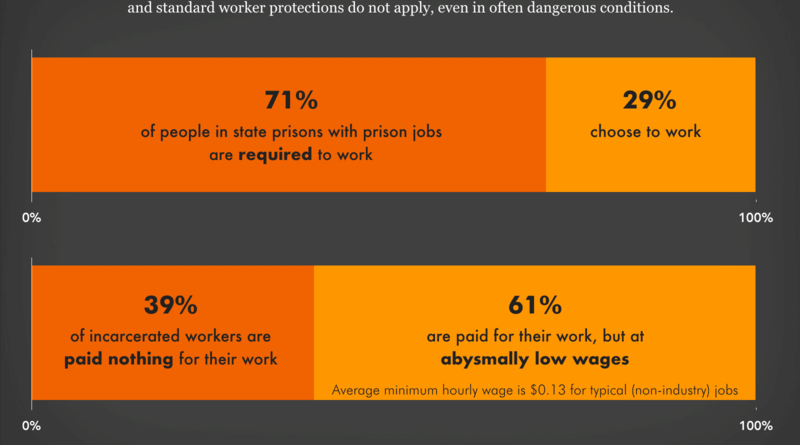New York Parole Board Considers Changes for Minors
The administrative body of parole in New York may introduce new guidelines altering how cases involving crimes committed by minors are reviewed. The revised approach would allow the parole review board to assess the psychological growth and development of an offender when pondering on the possibility of parole release, if the conviction occurred while the individual was underage. The significance of this consideration cannot be overstated, and yet, it seems to overlook certain environmental factors that contribute significantly to the topic such as economic differences.
Growing up in socio-economically disadvantaged environments, experiencing family dysfunction, or having to bear destabilized family settings are considerable and substantial contributors to these cognitive evaluations. Hence, the question arises – does this strategy address the main issue effectively, or does it inadvertently intensify an already existing problem? The proposed change would be applicable to those sentenced to ‘life in prison’ for crimes committed while they were juveniles.
However, the specific language used within the proposal emphasizes that this alteration would not automatically entitle an individual convicted as a youth to be released on parole. The proposal insists that the board would still need to evaluate the person’s current behavior and the progress of their rehabilitation. The discourse does not discuss any lesser crimes, maintaining focus on life sentences without the possibility of parole primarily for homicide instances.
The New York Department of Corrections and Community Supervision could not offer any clarification on the topic. Subsequently, this proposal advances towards a two-month public consultation period before the parole board commences voting on this major directional shift in policy.
Several bills are currently being considered that would reinforce punishments for offenders across the board. The motivation provided by the parole board’s proposal sharply contrasts with the changes that are being advocated for overall. The primary focus, it is argued, should be on ensuring public safety and improving the operations of the parole board system to enhance the welfare of community residents.
Effectively tackling the problem may necessitate diving deeper than simply endorsing more stringent prison sentences. There is a dire need to delve into deciphering the root causes leading to criminal behavior.
Gruesome crimes have been committed, and this understanding by no means implies an attempt to excuse these actions. However, it is essential to recognize that there’s a reason why such transgressions happen. They don’t spontaneously occur – there is always an underlying ‘why.’ The focus should not merely be on addressing the immediate consequences but deeper investigation into what leads individuals, especially minors, onto the path of crime. Greater effort is required to understand the complexity of these issues and develop comprehensive solutions that entail more than punishment but also involve remedial actions and necessary support to prevent such actions from recurring.


